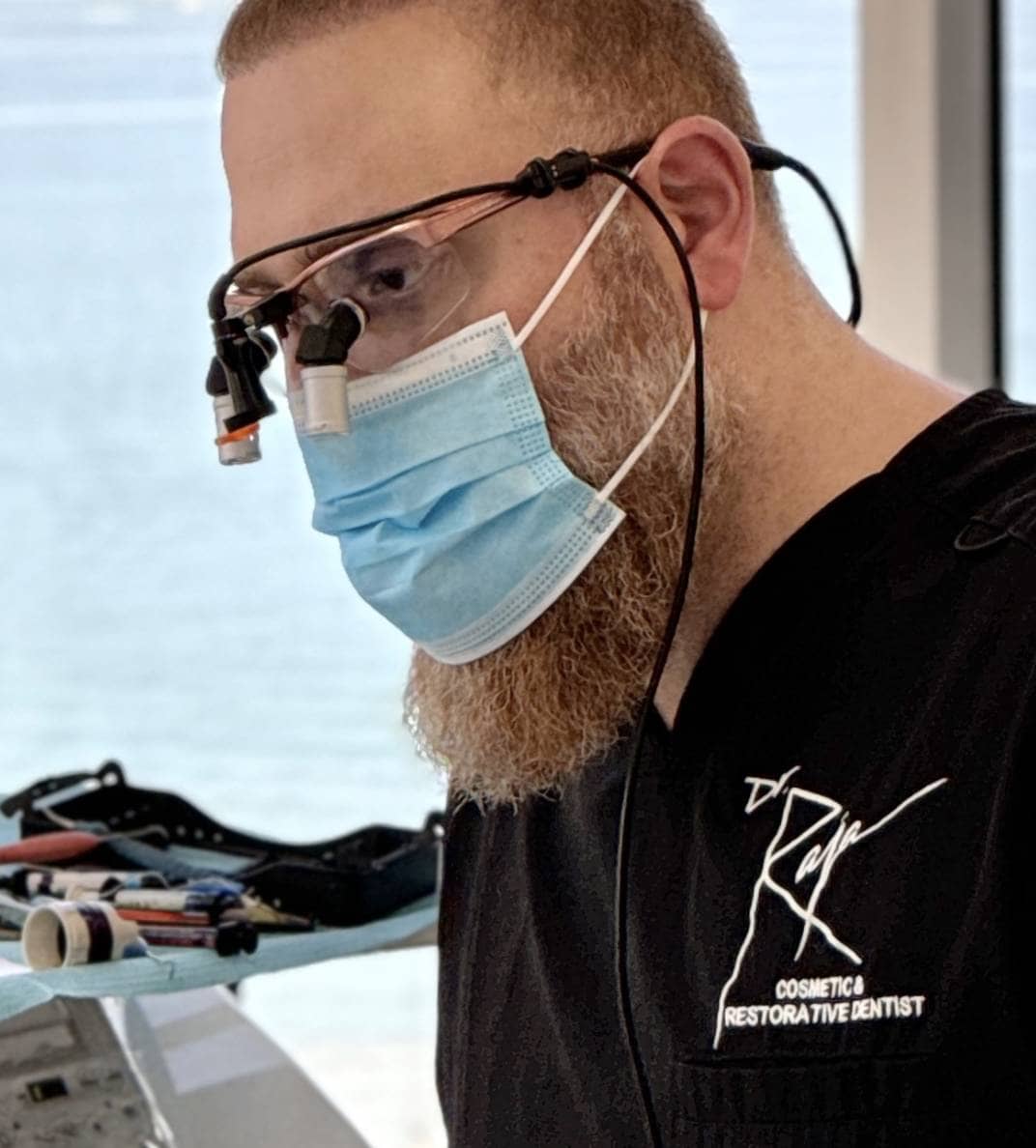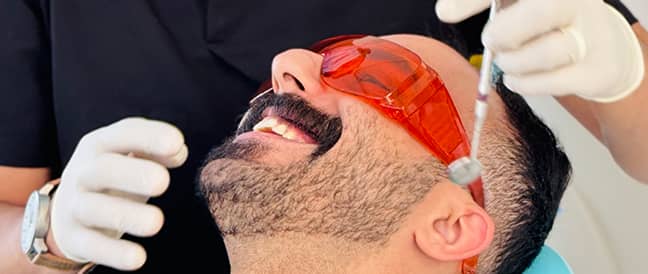Oral Surgery

Tooth extraction may be necessary for various reasons. One common reason is severe damage from trauma, infection, or decay, making repair unfeasible. In some cases, extraction is performed to alleviate crowding in preparation for orthodontic treatment. This allows for proper alignment of the teeth, which may not be achievable if the mouth is too crowded. Similarly, if a tooth cannot erupt due to lack of space in the mouth, extraction may be recommended.
Wisdom teeth typically appear between the ages of 17 and 25.
Wisdom teeth, also known as third molars, can sometimes emerge without issues, aligning properly with the other teeth behind the second molars. However, in many cases, there isn’t enough space in the mouth for these third molars to develop correctly. This can lead to oral health problems and may necessitate their removal.
Since wisdom tooth removal is a surgical procedure, it is common to experience some pain or discomfort once the anesthetic wears off. Over-the-counter medications such as Ibuprofen or Paracetamol can usually help with the pain. If the discomfort persists despite using over-the-counter medication, we can prescribe stronger pain relief.
After wisdom tooth removal, most individuals can return to their regular activities within three to five days. By three weeks after the procedure, the tooth sockets are mostly closed, and they are expected to be fully healed by the end of the fourth week.

